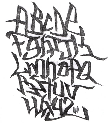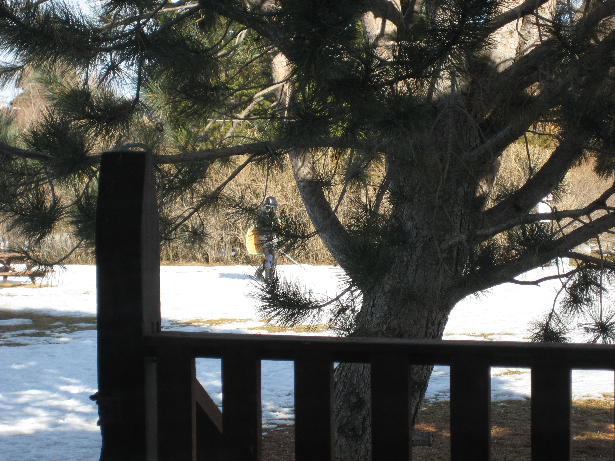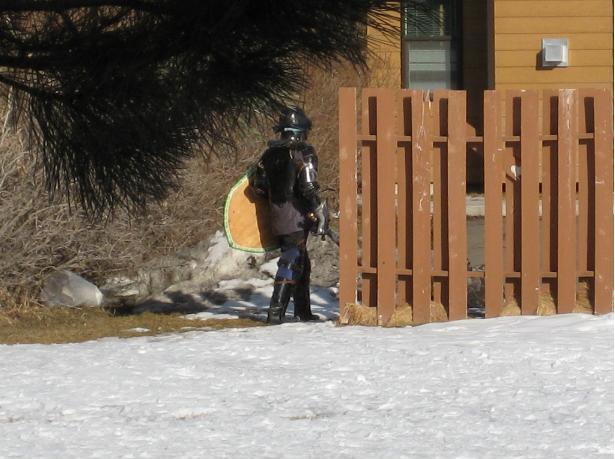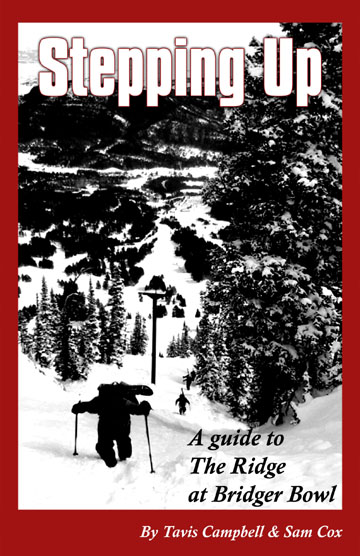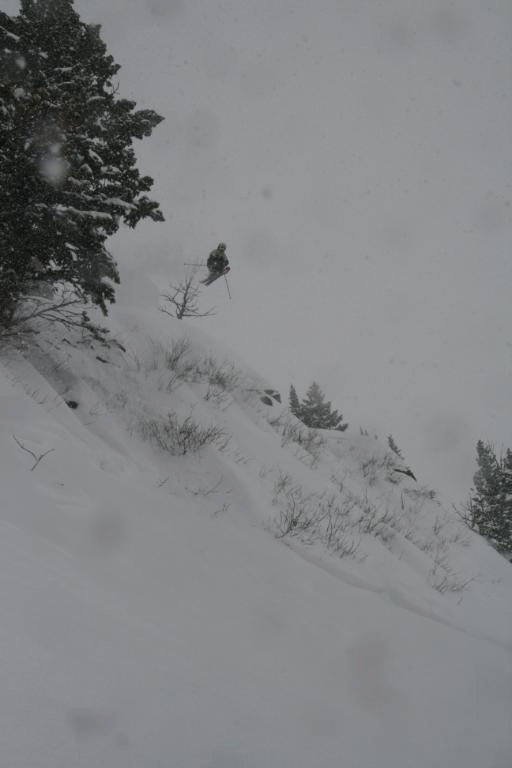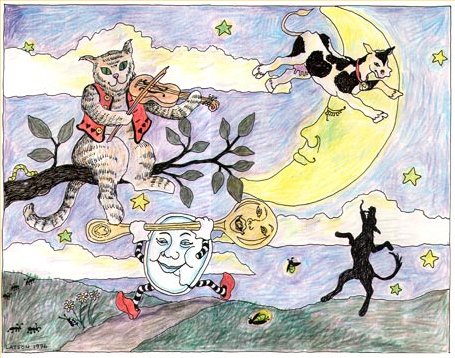
The idea that there is no such thing as an "original" has been bugging me for a bit. It's not that I don't believe the idea but I'm kind of baffled that it could actually be true. Yet if 'truth is a construction,' hmmm... I won't go there at the moment. But if everything has been done before, what's left to do? I remember we had a class discussion on originality and some of my notes included:
- more original poets are the ones who are more aboriginal, pertaining to roots, or something existing before.
- you can't be original
- There is no originality, only imitations of what's happened before.
- That the word radical stems from roots; so ironically "radical" can means: of or going to the root or origin, fundamental; or extreme, drastic change; radical contains opposites within its definition.
I also found a quote I wrote down that I believe Sarah said pertaining to a discussion on "real" stories. She said something to the effect of, "everything is a real story because everything is an imitation of a story that's already happened." Well put is it not?
So all this talk and writing about the impossibility of something that's original seems kind of distressing. What's the point if everything has already been done? Then I stumbled across a poem in the local magazine "Outside Bozeman." And the author was none other than our creative writing professor Greg Keeler. The title, "Hey Diddle Diddle." Wait a sec! Didn't we just recite that nursery rhyme in class the other day? Hey diddle diddle, the cat and the fiddle, the cow jumped over the moon; The little dog laughed to see such fun, and the dish ran away with the spoon. It just rolls off the tongue nicely, nonsense that is.
Back to Keeler's version, which goes:
'The cat, the fiddle, the cow, / the moon, the dog, the dish / and the spoon - they all made / some weird kind of sense when / I was a kid. So did the frog and / the princess - all that stuff. But / when I neared adulthood, it all / went poof. If I wanted to site a / cow doing the moon thing, I had / to lie on my back in the dirt at / the rodeo on a full-moon night, / and even in that posture, I had / to be whacked on Jack Daniels / and pretend the bull was a cow. / The rest always seemed to fall / into place. Some cat played / fiddle on the p.a. while my little / gal laughed like a dog. The cop / who cuffed me was fat as a / platter and dragged me away as / a looney tune. It wasn't a stretch / to imagine myself as a spoon.' -Greg Keeler, in Outside Bozeman
And voila, there you have a new, I would call 'original,' rendition of the famous nursery rhyme. Sure Keeler didn't come up with the nursery rhyme himself, but by adhering to roots, not only does he appeal to a wide audience - there can't be many people who haven't heard hey diddle diddle - he displays his creative ability to imitate, through variation, what's already happened before. Oh and on pages 97-98 Frye writes: "But any serious study of literature soon shows that the real difference between the original and the imitative poet is simply that the former is profoundly imitative. Originality returns to the origins of literature, as radicalism returns to its roots."
So there you have it, to be original one must imitate, to be radical return to roots and someday you may become immortal by means of the pen. After all the pen is mightier than the sword - a sword surely can't make you immortal.


 To see their hard work culminate to a couple hours in one night must have been very rewarding, although a little frustrating because of technology: damn dvds and their skiiping. What if the show had been a book or a stroyteller, or even a play, which it somewhat felt like? Would it have then felt even more literary without the technology aspect? I don't know it was just a random thought. The movie was great!
To see their hard work culminate to a couple hours in one night must have been very rewarding, although a little frustrating because of technology: damn dvds and their skiiping. What if the show had been a book or a stroyteller, or even a play, which it somewhat felt like? Would it have then felt even more literary without the technology aspect? I don't know it was just a random thought. The movie was great! 